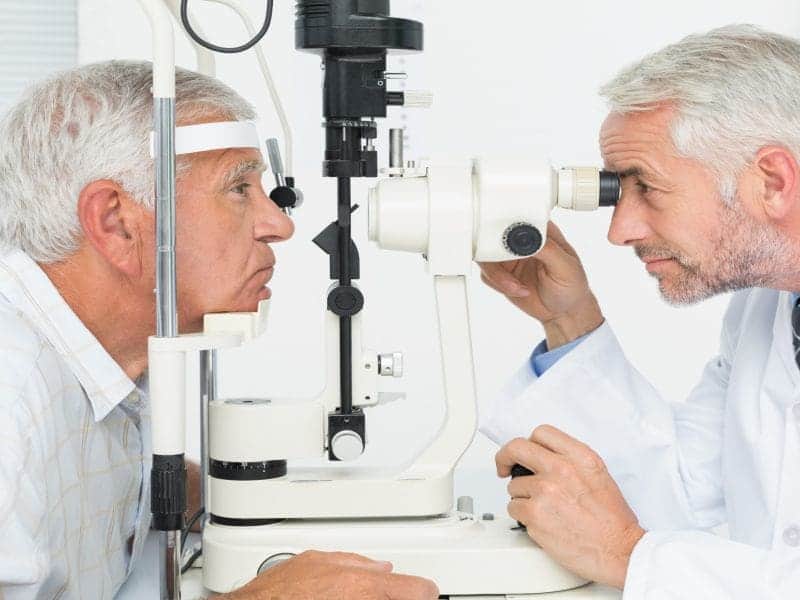FRIDAY, May 31, 2019 (HealthDay News) — Older adults with impaired vision are at increased risk for perceived discrimination, which in turn is associated with poorer emotional well-being, according to a study published online May 30 in JAMA Ophthalmology.
Sarah E. Jackson, Ph.D., from University College London, and colleagues analyzed data from 7,677 participants (mean age, 66.7 years; 52.4 percent female) in the English Longitudinal Study of Ageing to assess the association between perceived discrimination among people with visual impairment and well-being.
The researchers found that participants with poor eyesight had increased odds of reporting perceived discrimination versus those with good eyesight (odds ratio [OR], 1.41). Additionally, participants self-reporting both poor eyesight and discrimination had increased odds of depressive symptoms (OR, 2.14) and loneliness (OR, 2.17) as well as lower quality of life and life satisfaction compared with those reporting only poor eyesight and no discrimination. At the six-year follow-up, prospectively reporting perceived discrimination was associated with an increased risk for depressive symptoms among participants with poor eyesight (OR, 1.72).
“Action to address discrimination may help mitigate the increased risk of poor well-being in this population,” the authors write.
Abstract/Full Text (subscription or payment may be required)
Editorial (subscription or payment may be required)
Copyright © 2019 HealthDay. All rights reserved.



